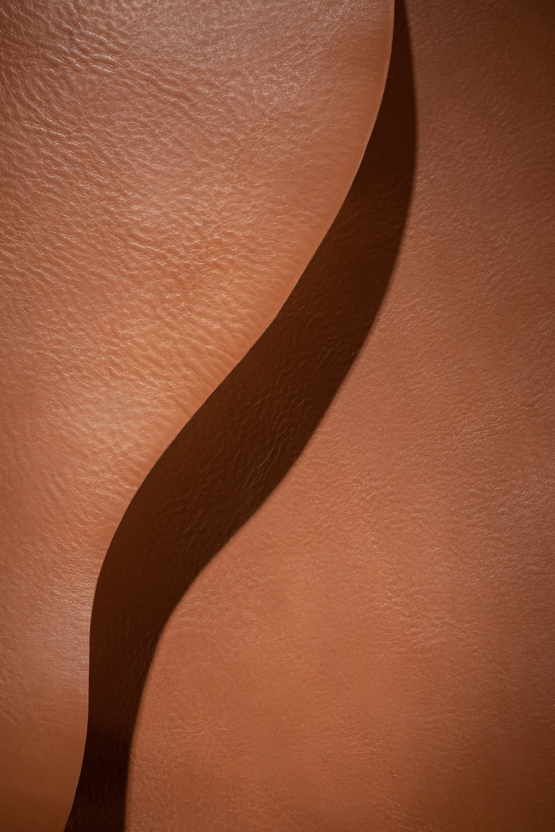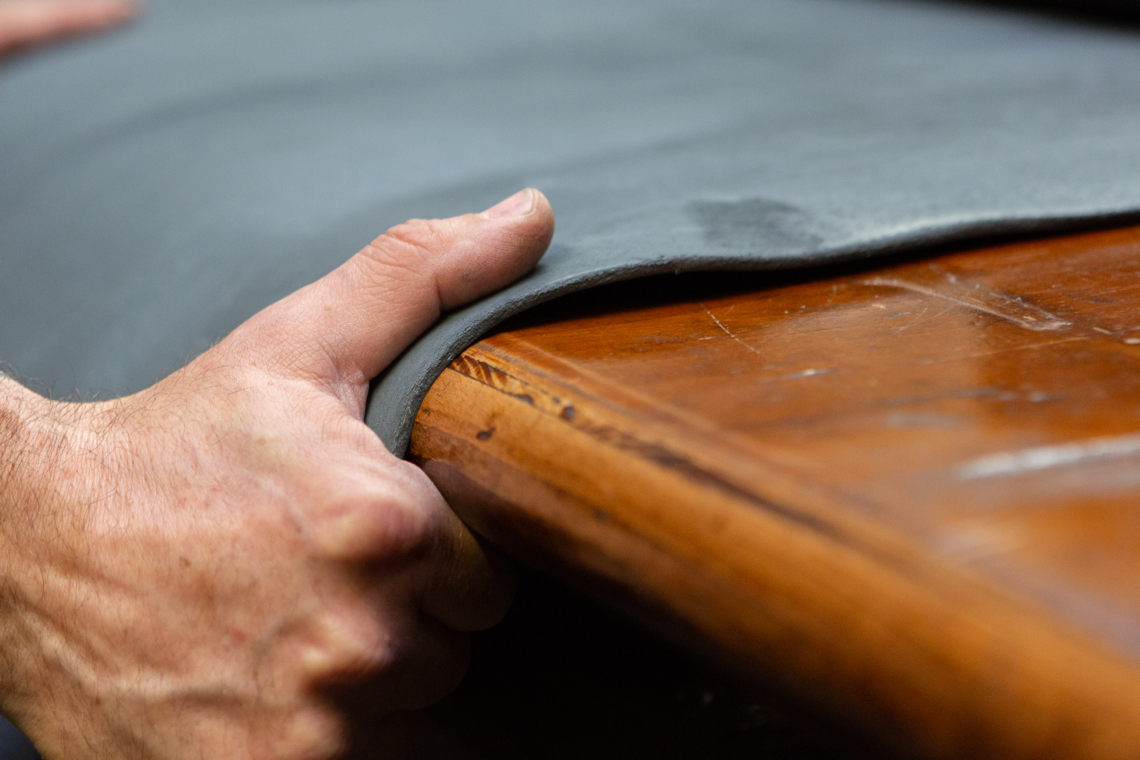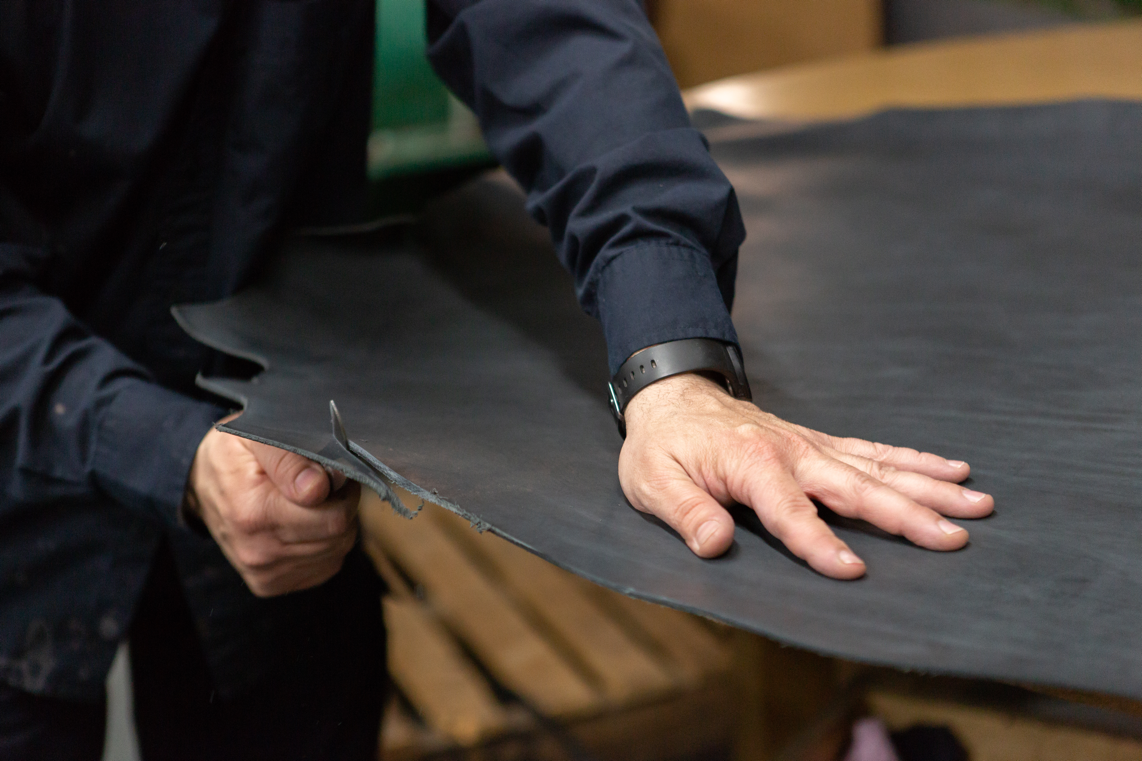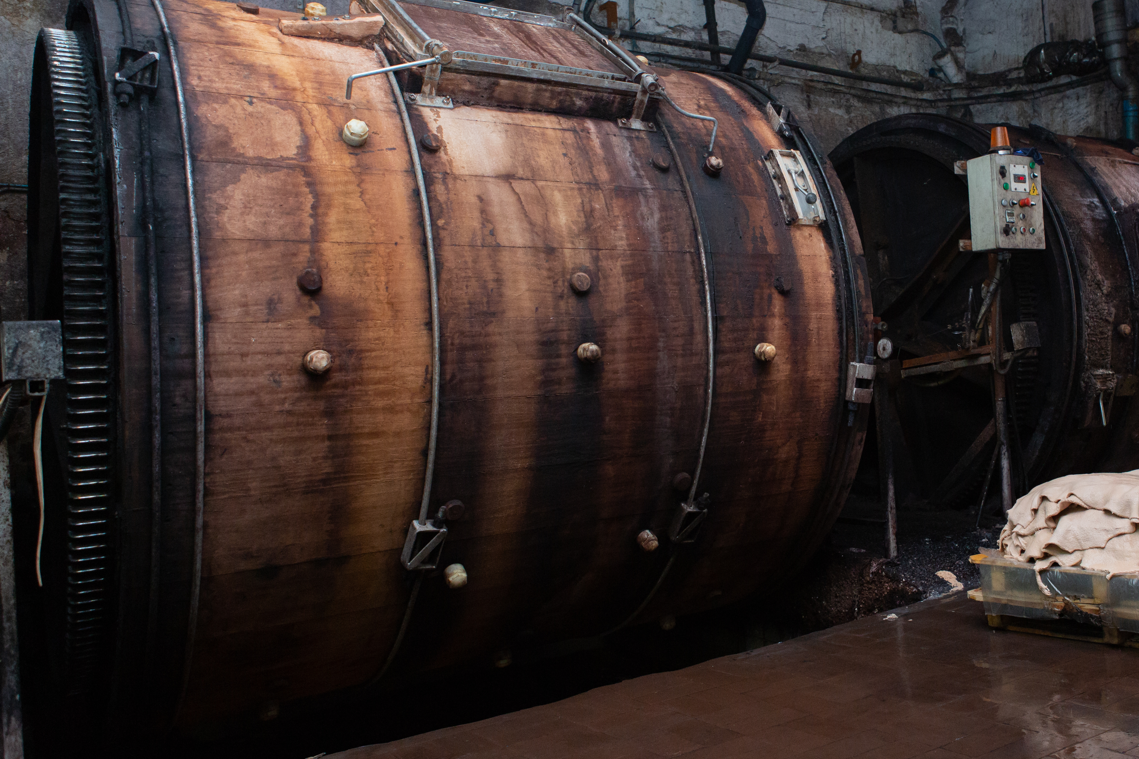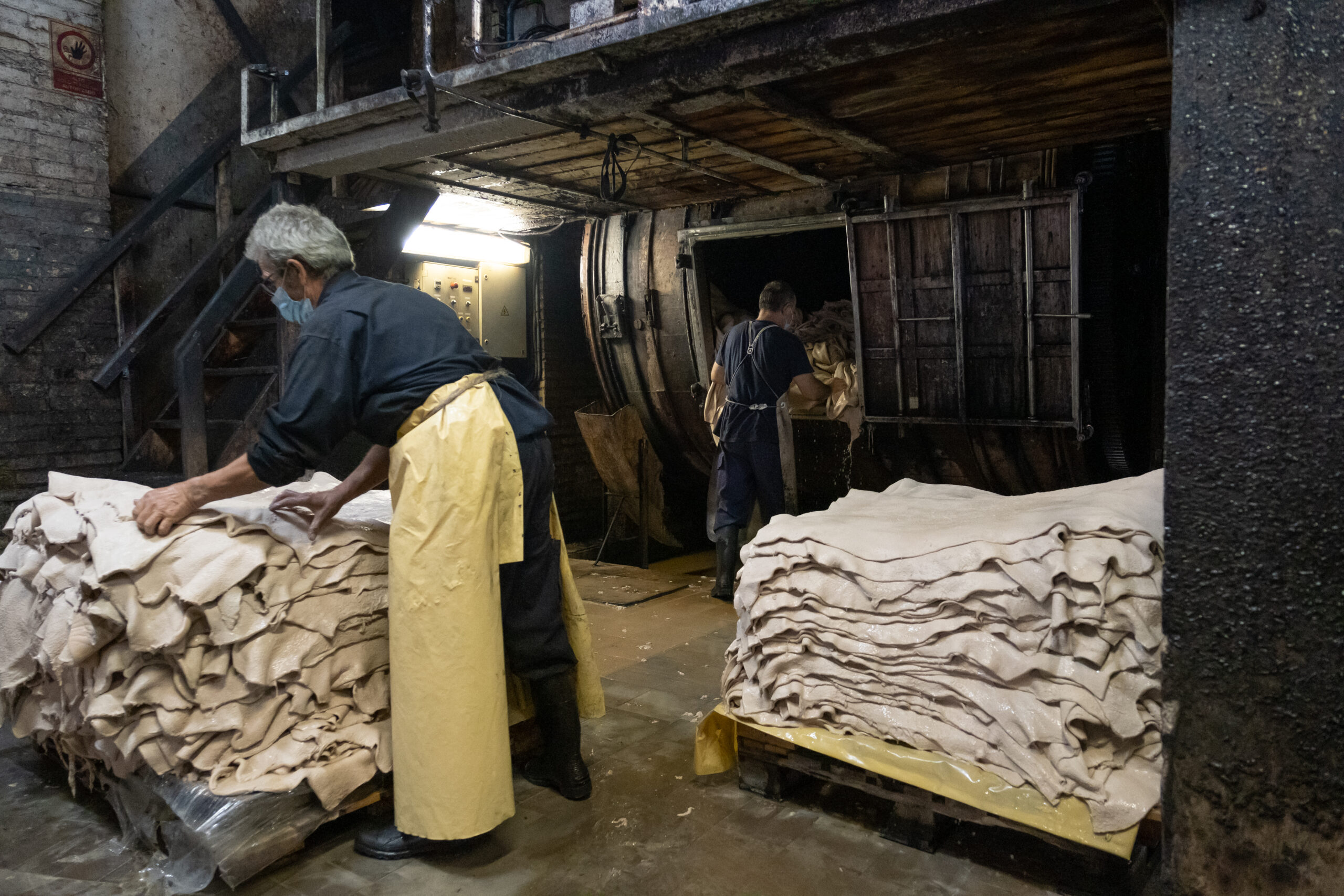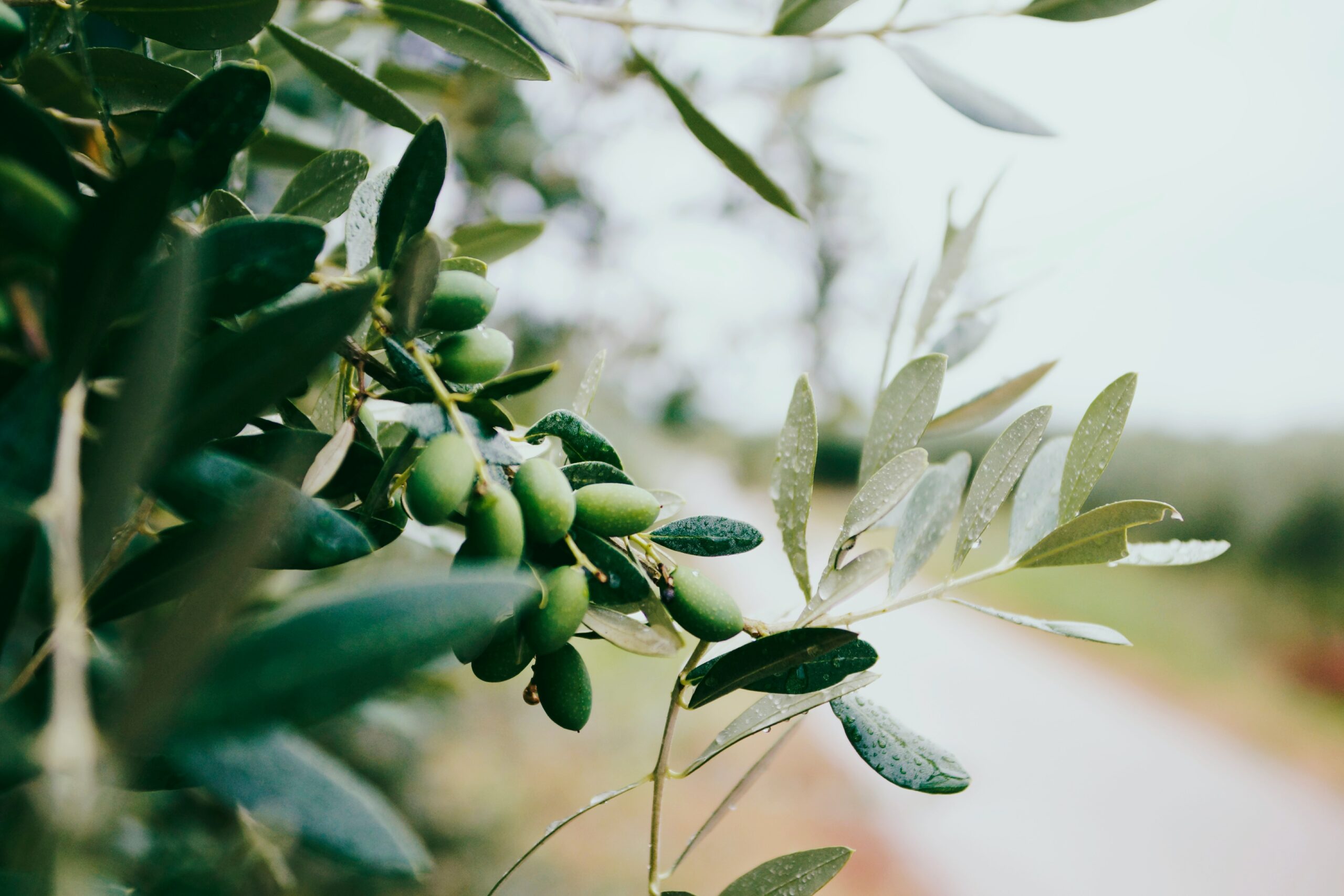Content posted by: Leather Naturally.
Leather Naturally recently published an article asking «Is leather sustainable?» and tries to answer the question.
In their opinion, the answer is clear: yes. If sustainable means converting materials that would be otherwise thrown away to make the products we use to live, keeping things for a long time, repairing them when we need to, passing them on to someone else to use after us and, eventually, recycling the product as many times as possible. Leather is most certainly sustainable.
And the leather industry is also an excellent example of the circular economy, as set out by the European Commission in December 2019, its sustainable consumption and production support the United Nations’ Sustainable Development Goals.
Leather’s durability, longevity and recyclability as a natural product are underpinned by regulations and quality standards in many countries to ensure that sustainability credentials are met and maintained throughout its production.
Responsible tanneries are also very transparent about their compliance data and openly share the following areas of information with their customers: how they comply with environmental controls, how they manage wastewater and other waste, how they use and manage chemicals including restricted substances, how tanneries keep their leather workers safe, how they calculate how much energy and water they use and how customers can track a leather supply chain.
Tanneries like Splenda Leather are firmly committed to these principles of responsibility, sustainability and transparency. We are very sure that the tanning industry has come a long way in recent years and, with everyone’s commitment, we hope that in a few more years we will be appreciated as a benchmark of a sustainable productive sector worldwide.
You can read the original content HERE.
